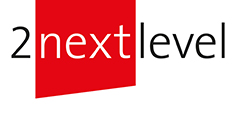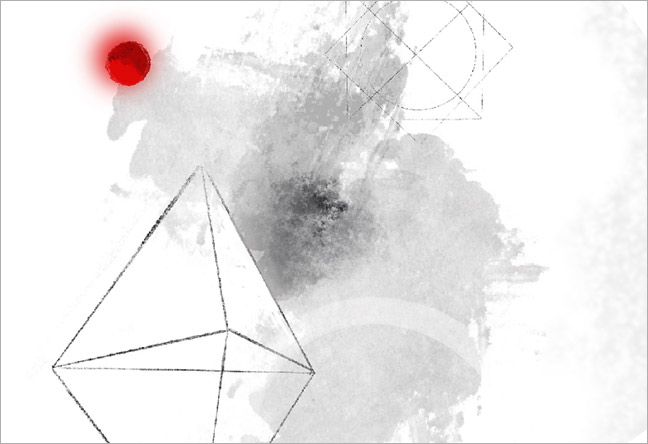Five principles to help you steer your organisation well and quickly through the crisis
→ Principle 1: take a breath: take a step back, anticipate, prioritise.
→ Principle 2: Involve more people – move away from the hierarchical decision-making model towards involving relevant stakeholders and experts.
→ Principle 3: Search for levers – anticipate possible scenarios.
→ Principle 4: Focus – implementing a network of cross-functional decision-making teams for tactical decisions
→ Principle 5: Move away from the usual “suspects”: empower resilient leaders with independent judgement and character.

Principle 1: take a breath: take a step back, anticipate, prioritise.
In critical situations, we tend to jump from one urgent matter to the next. This behaviour can lead to gross errors because we fail to distinguish between relevant and irrelevant information. Researchers from Columbia University Medical Center have found that if we “postpone” the beginning of the decision-making process, so to speak, “take a breath”, we give our brain a chance to focus on the most important information. In practice, this can look like this:
Take the “balcony perspective” and ask yourself the following questions:
- What is most important now?
- What could be missing?
- How could things develop?
- What can we influence now that could pay off later?
Principle 2: Involve more people – move away from the hierarchical decision-making model towards involving relevant stakeholders and experts.
In a crisis, we tend to narrow down the circle of decision-makers and limit them to the hierarchy because we think this will make us faster. But there are ways to include more people and thus valuable perspectives without losing speed. In consulting, we have long used an effective communication format – the fishbowl.

Principle 3: Search for levers – anticipate possible scenarios.
We don’t have a crystal ball to look into the future. Especially not in crises. But we can anticipate how things might develop. Thinking through what could happen, what effects we have to deal with, helps us to orient ourselves, to deal constructively with complexity, to recognise opportunities and risks and to remain able to act. In this way, we build a resilient basis for decisions and actions. For the impact analysis of the Corona virus, the Zukunftsinstitut has created a specific Trend Canvas version. This serves as a holistic and systemic assessment of the consequences of the crisis. You can download the canvas at https://www.zukunftsinstitut.de/trend-canvas-covid-19-impact-analyse/.
Principle 4: Focus – implementing a network of cross-functional decision-making teams for tactical decisions
The good in the bad – crises hold many opportunities to change and anchor things in a sustainable way. Values and working practices are put to the test to see how well they actually work. For example, “empowerment”. In times of stress, top management is well advised to focus on strategic decisions and shift tactical decisions to teams with a clear mandate. Instead of micromanagement, real empowerment.
Principle 5: Move away from the usual “suspects”: empower resilient leaders with independent judgement and character.
Times of crisis need leaders who are open and flexible and not afraid of unpopular and difficult decisions. How do you find them? These three aspects can help:
- knows crises from personal experience and has demonstrated resilience in difficult situations
- has shown that she/he can make difficult decisions for the good of the whole company
- is experienced in communicating “bad news” as well
Translated with www.DeepL.com/Translator (free version)



